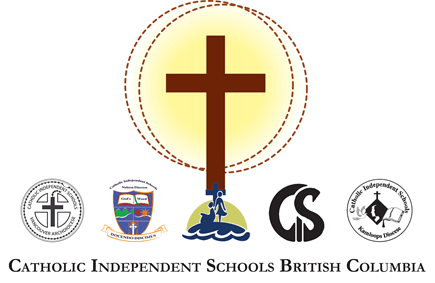
While the British Columbia Teachers’ strike affects families whose children are enrolled in the schools, there are other groups also feeling the effects, including the province’s Catholic schools.
According to the British Columbia Teachers’ Federation, the teachers working within the public system are at the negotiating table with the BC Government over class composition, smaller class sizes, better wages and more prep time. The full-scale strike began June 17, 2014 and the two parties haven’t yet settled on an agreement.
Public schools in British Columbia are fully funded while independent schools receive partial funding. Catholic schools are independent schools and fall under the wing of the Federation of Independent School Associations of British Columbia.
According to Beverly Pulyk, Superintendent of Island Catholic Schools, the teachers’ strike affects the independent schools in a couple of ways.
“One of the things that’s always happened with a strike is there is a vocal outcry that the government needs to stops funding independent schools so it has money to fund public schools,” she explains. In fact, the independent schools save the BC government funding. Approximately 12 per cent of the BC student populations attend independent schools. However, these schools only receive 5.3% of the funding, as opposed to a full 12% funding if those students attended public schools.
“You’d at least have to double the amount of that number,” says Bev, adding that the government also doesn’t cover any capital expenditures and facility upgrade costs. “When the strike is on, we have to be more vocal and really educate the public about independent schools and what we’re actually costing the government.”
Also, parents whose children attend independent schools still have to direct their taxes to the public school system. There is no option in British Columbia to direct your funding to one school system or another.
Enrollment is the second way in which the strike affects the independent schools during a strike.
Independent school populations typically grow about two per cent per year, but that figure usually doubles the year after a strike.
“Our phones do ring more. Those fence-sitting parents sometimes get pushed over to consider us,” explains Bev, but adds the schools don’t want to step on any toes. “One thing we won’t do is take students on a temporary basis until a strike is over. We have a good working relationship with the public system, so we’re sensitive about what BC teachers are requesting.”
She adds that she hopes the teachers and government can come to a settlement as quickly as possible.


Leave a comment